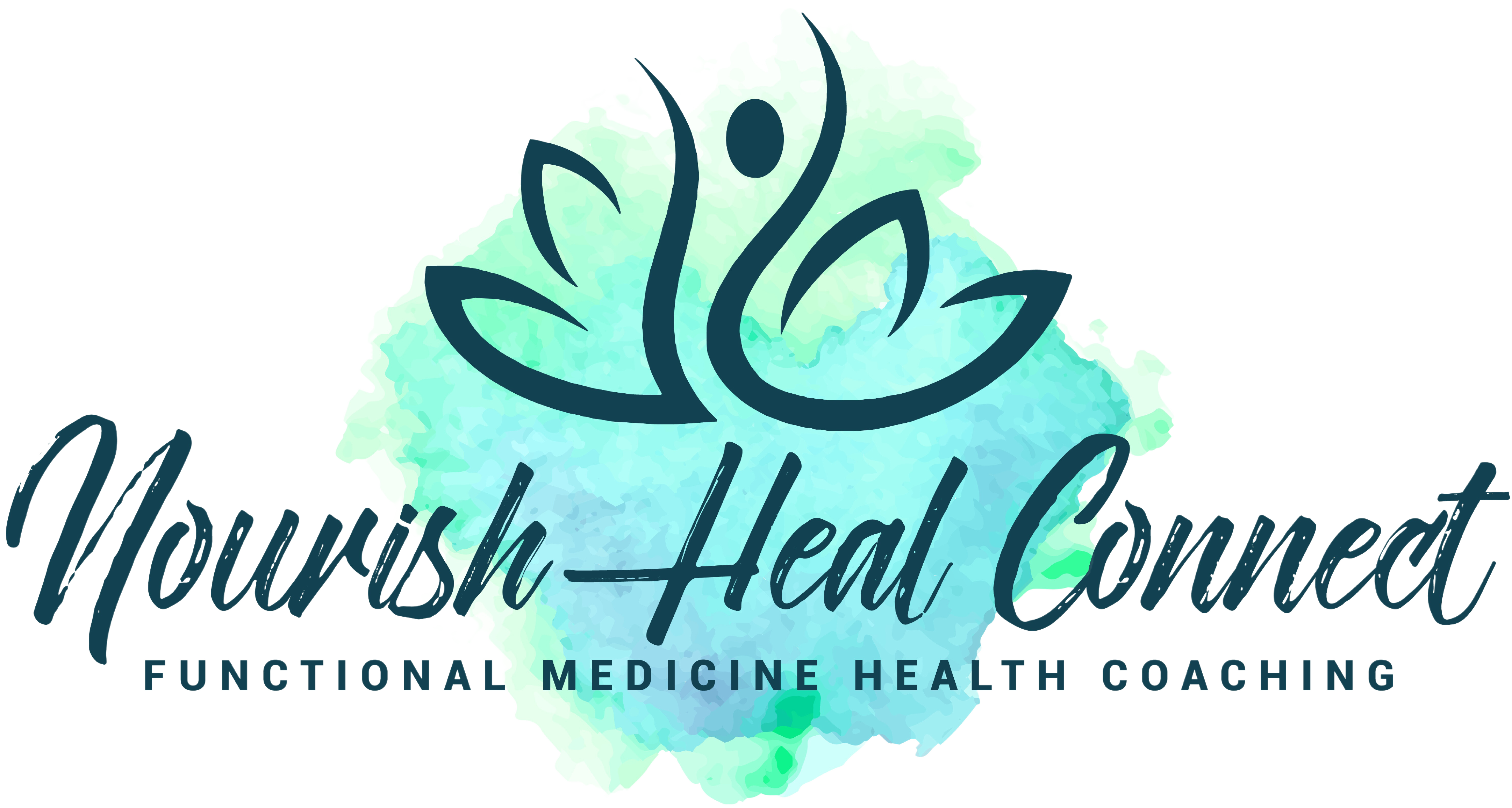Is your child’s immune system at risk? (Allergies, asthma and eczema- how it all comes together)
There is an epidemic of chronic illnesses in the world right now and it is our children who are the most vulnerable. Unfortunately, health conditions like allergies, eczema and asthma have become only too common in our children today. In fact, the new “normal” for many children is chronic illness.
When our older child, our daughter, was diagnosed with eczema about 11 years ago, it was not very common in India. Sadly, a lot has changed since then and now it so much more common to hear of babies and children who have some kind of chronic health issue. Obviously, there is something going on here, something that is not right. As a parent of a child who had immense health issues, I know only too well the tremendous toll that any kind of chronic health issues of a child can have on the entire family. These include but are not limited to missed school for children, missed work and stress for parents, poor concentration in school and at home, chronic use of medications, hospitalisations and even social stigma. This is not the kind of life our children should be living and we need to educate ourselves so that we can become empowered to do something about it.
Contrary to what we think, genetics alone cannot explain this rise in childhood health illnesses. Genetics pretty much remains the same from one generation to the next (barring uncommon mutations) but the environment can and does have a huge impact on the expression of genes that we are born with. In fact, the foods that we eat, toxins that we are exposed to, infections and even our experiences alter the way our DNA is expressed and shape our appearance, function and overall health. That means that several factors (including but not limited to) like our environment, foods and our lifestyle are all factors that can determine epigenetic changes and determine whether we will move towards health or towards disease. This kind of change is a regular and natural occurrence and the study of this type of change in gene expression is known as “epigenetics”.

The health challenges that are being faced by our children today are driven by three major changes (there are others as well) due to which their immune system is showing abnormally high sensitivity to the environment
increase in exposure to toxins
undernutrition due to poor food choices as well as nutritionally depleted foods
poor gut health (with or without intestinal permeability)
(I have written about intestinal permeability and gut health in one of my earlier articles, you can read it here)
Given this background, we can now appreciate the role of our immune system. The role of our immune system is primarily that of tolerance- surveillance for threats and then NOT react. Thus, most immune function in our body occurs without our knowledge. However, under fire due to the multiple forces at play, our immune system (and especially that of our children where the immune system is still developing) is increasingly overwrought and confused. This imbalance in the immune system along with the associated chronic underlying inflammation can show up as “symptoms”.
Symptoms are a way of our body asking for “help”. But only too often we either treat these symptoms as “irritants” (like fever, earache, runny nose, tummy ache and headache in children) to be medicated or otherwise as signs of “growing old” (like swollen or achy joints, migraines, skin rashes, fatigue, depression, digestive issues in adults). When we keep ignoring the body’s distress communication, the symptoms ultimately manifest as “clinical diseases” like diabetes, asthma, autoimmune diseases and others. Ultimately, medication is not a long term solution to getting well, healing the root cause of any kind of imbalance is.
The role of our gut in our immune system

Our gut plays a very important role as a part of our immune system. In fact, more than 2/3 of our entire immune system resides in our gut! The integrity of the gut mucosal lining is important for a balanced immune response and any damage can lead to various health challenges like protein deficiency, leaky gut/intestinal permeability and constipation. Also, a balanced gut microbiome helps to keep the immune balanced and not over-reactive (otherwise leading to allergy, asthma, arthritis and other autoimmune conditions). It is important to remember that whatever happens in the gut, affects the rest of the body. Not just as a nutrient deficiency but as inflammation! And as we know now, inflammation is at the root of many chronic conditions.
Intestinal permeability (leaky gut) can further develop in the gut aggravating the situation by triggering a strong immune response. This can be caused due to various factors like Vitamin D deficiency, antibiotics, gut microbial imbalance, gluten, stress, toxins, medications, stress and highly processed foods.
(Image source: Asian Scientist July 2014)
(I have written about intestinal permeability and gut health in one of my earlier articles, you can read it here)
Allergies, asthma and eczema- how it all comes together
Key sources of inflammation like foods, toxins and intestinal permeability in our gut play a key role in the activation of allergies, asthma and eczema (and even other childhood diseases) but there can be other contributors as well such as
- Birth by C section and not being breast fed
- Low Vitamin D
- Nutrient deficiencies (Zinc, Vitamin A, Omega 3)
- Environmental toxin exposure and poor detoxification capability
- High antibiotic use and other medications like NSAID (affecting gut lining integrity and the microbiome)
- Family history

There is a loss of tolerance which shows up as an inflammatory response to a typically innocuous substance in the environment in case of allergies (food, pollen, chemical, medication etc). As a key part of the immune response, cells secrete chemicals which are either inflammatory or anti-inflammatory.
However, if the response is chronic or inappropriate (which is true for many people today), this can lead to chronic inflammation which can then be harmful. In particular, food sensitivities are an immune system response to certain foods (like wheat, dairy, corn, soy and many others) which have become a common occurrence in children today due to this type of immune system dysregulation.

Asthma is a chronic airway inflammatory disease and once again the root cause of this inflammation can be toxins, infections, allergens. This may be different from the asthmatic triggers like dust, smoke, certain foods. However, the underlying chronic inflammation can make the system more sensitive to these triggers and this factor has led to a steep rise in the incidence of asthma in children today.
Similarly, eczema is an external symptom of an internal problem of an immune system which has become hypersensitive to the environment. Once again, like asthma and allergies, eczema occurs when there is an imbalance in the body’s immune system and it is actually a sign that the body is inflamed from within.
In ALL of these cases then, the solution is to figure out what’s wrong and lower the inflammation and not just treat the symptoms. This is what healed my daughter’s extremely severe eczema and got her off all her oral and topical medications (which she had been on for 5 long years). You can read about our story here.
True healing starts from within
As you probably realise by now, we need to work along with our body and give it the full support it needs in order to heal. For our children, finding out the root cause, eliminating the triggers (foods, allergens, toxins, infection)and lowering inflammation in order to calm and balance the immune system is the key to true healing.
Some key takeaways from this article are

beware the prevailing definitions of being “normal”
our immune system and our gut are intricately linked
our “symptoms” are our body’s distress signal
childhood conditions like allergies, eczema and asthma are all external symptoms of an immune system imbalance
chronic inflammation lies at the root of these (and other) conditions
lowering inflammation and finding out the root cause is the KEY to this health challenge
